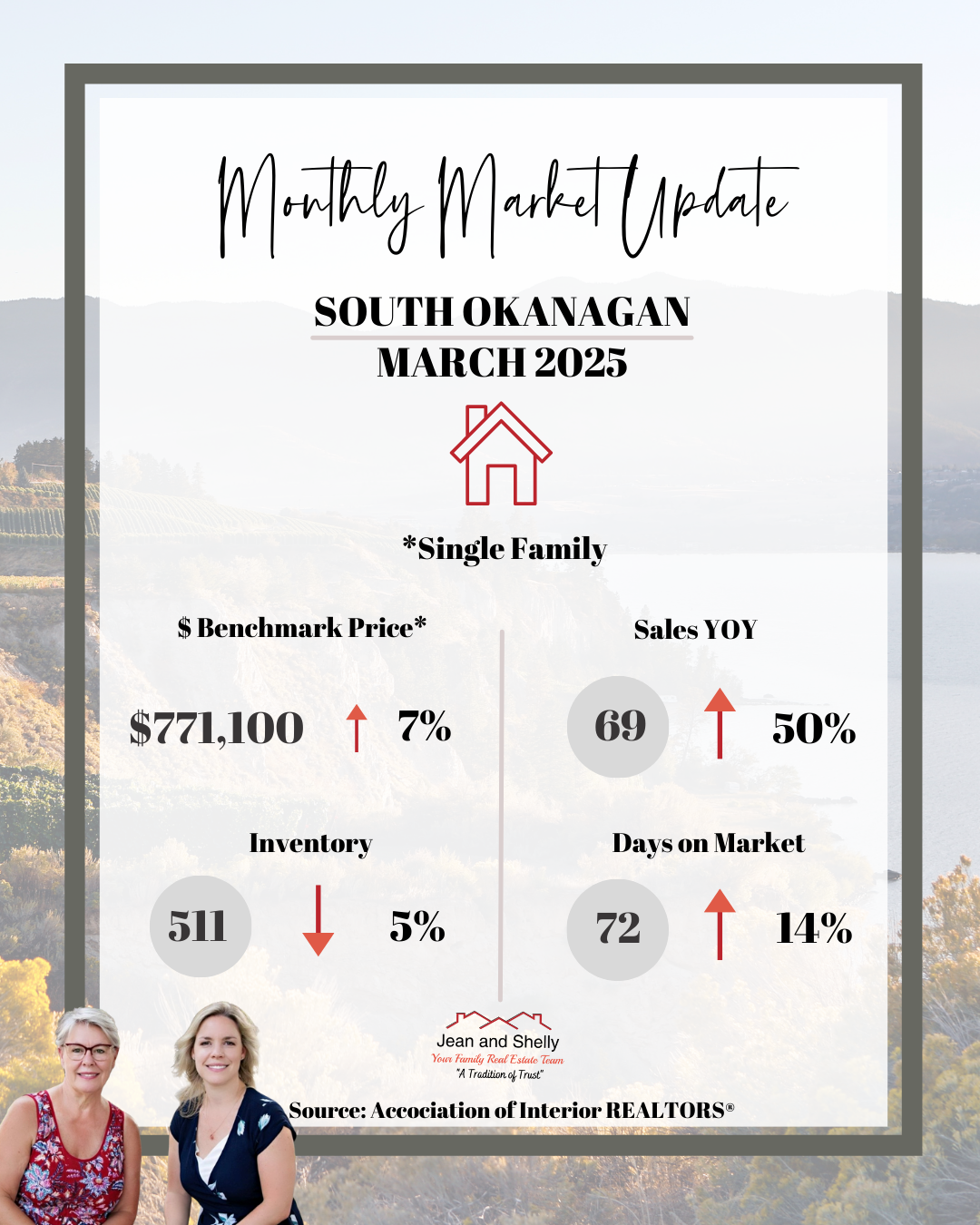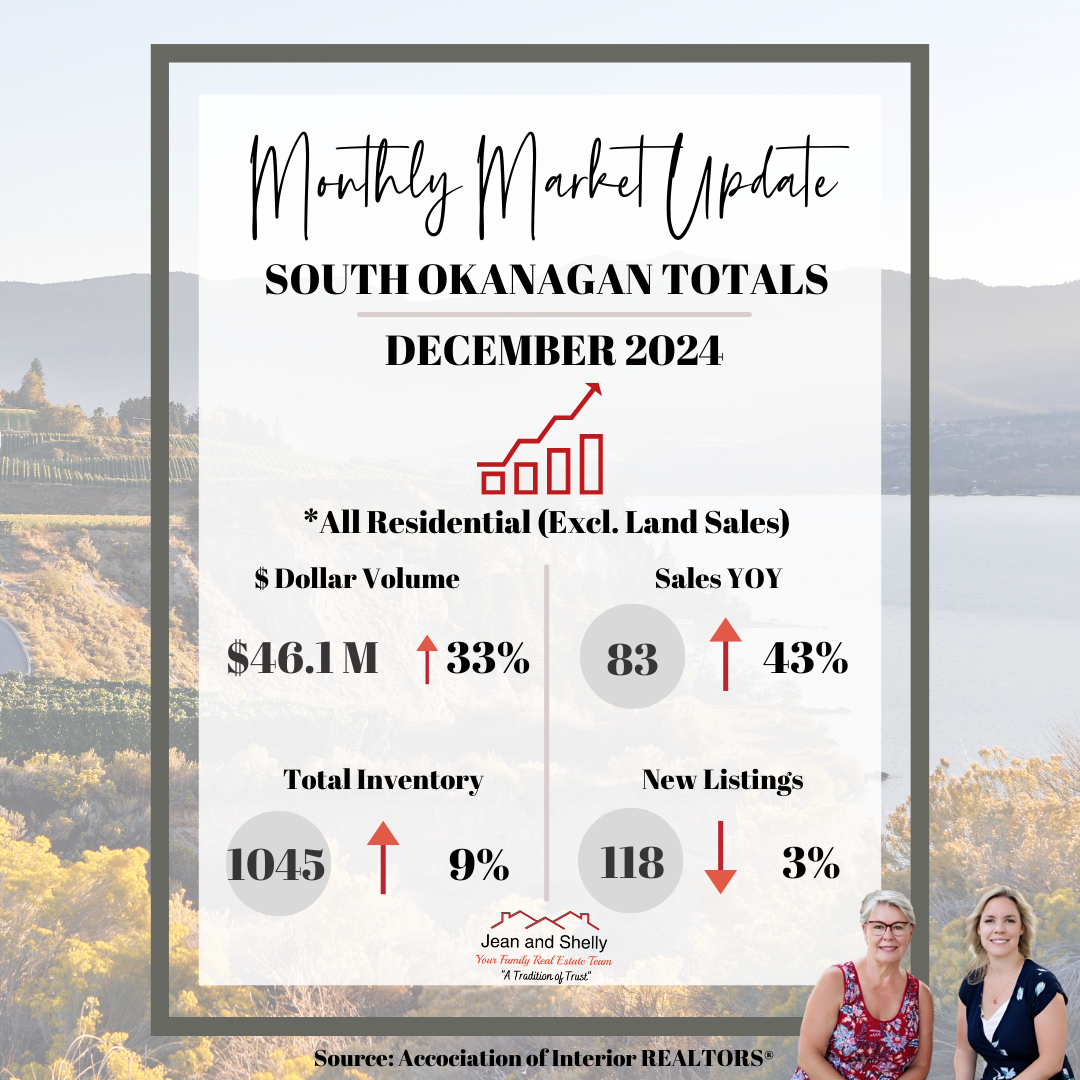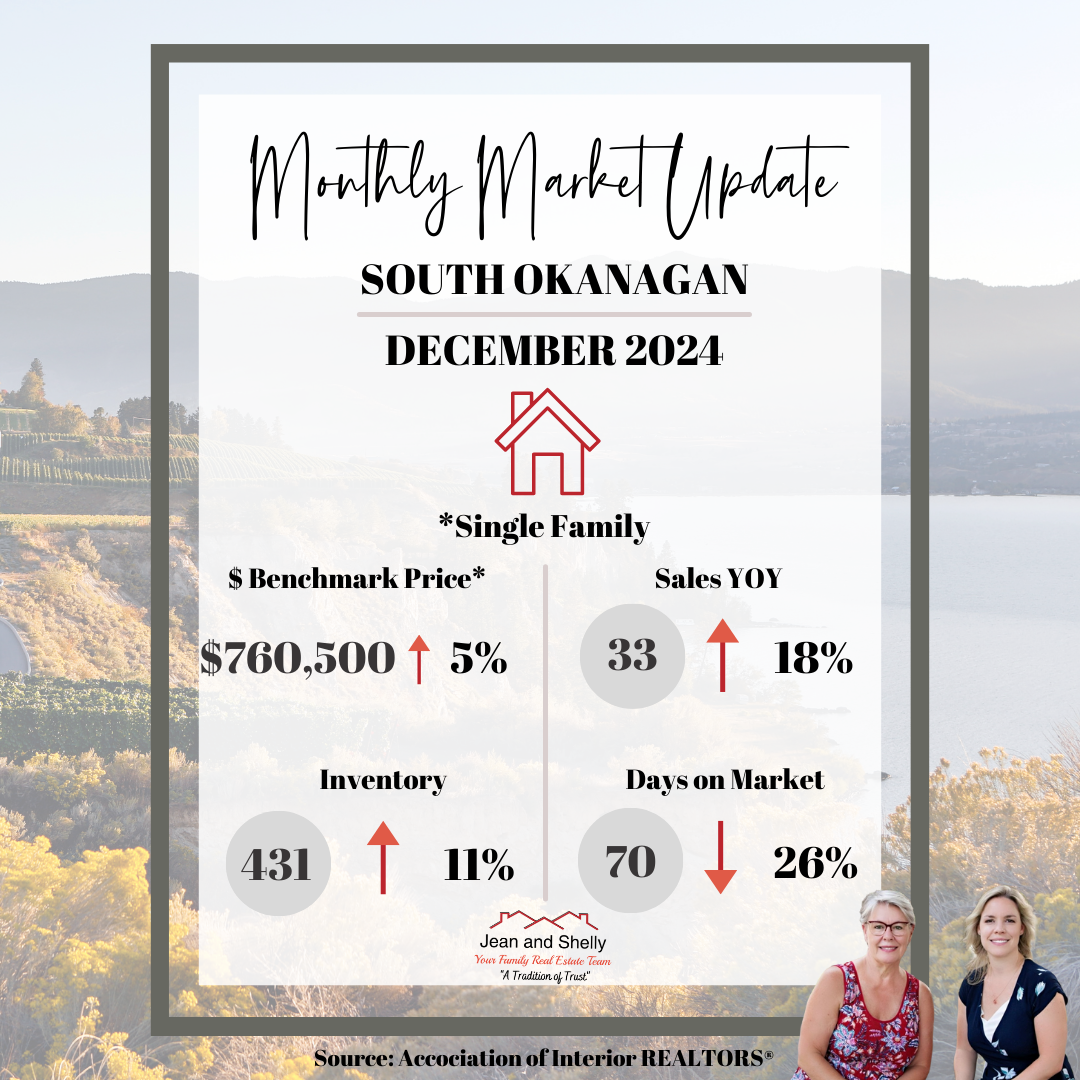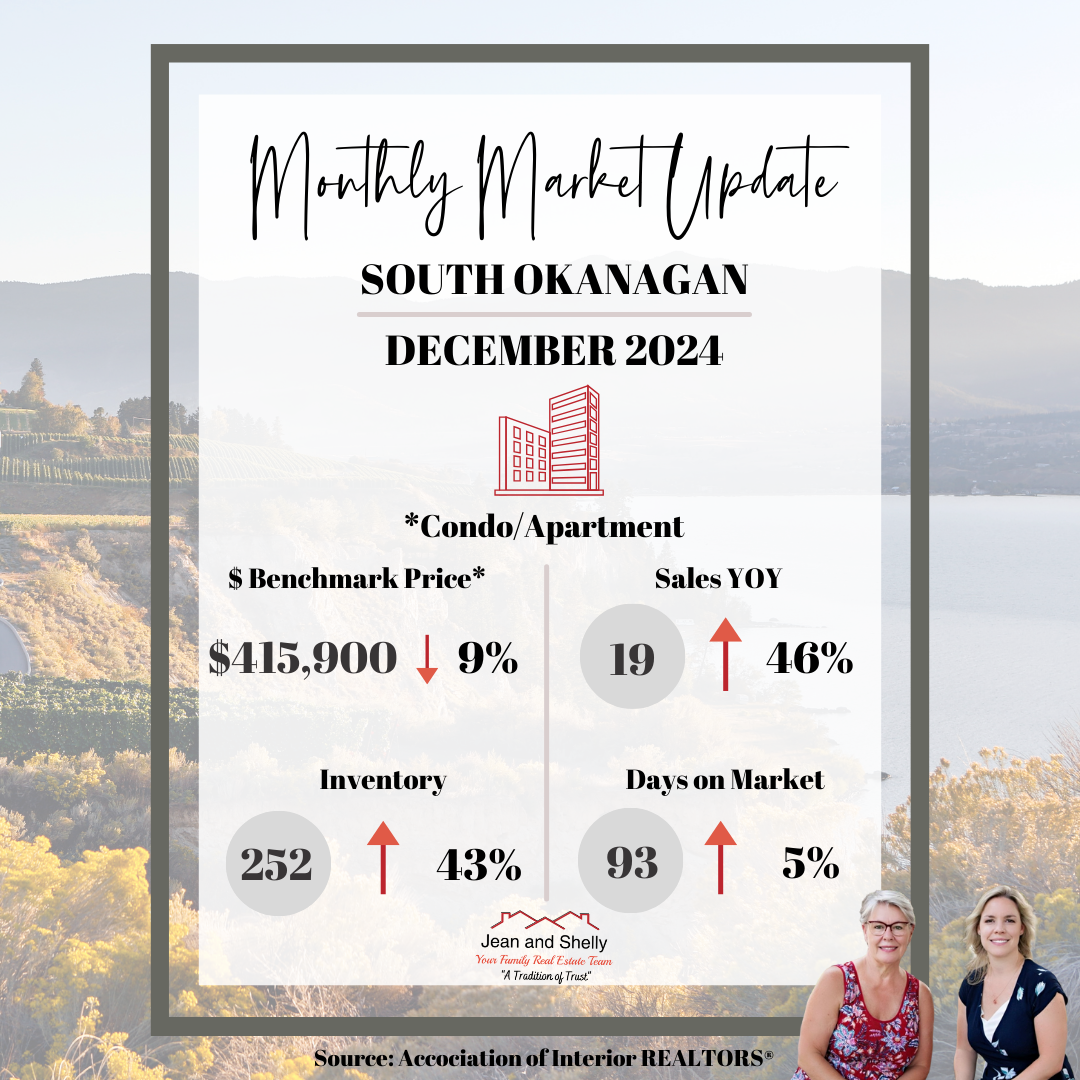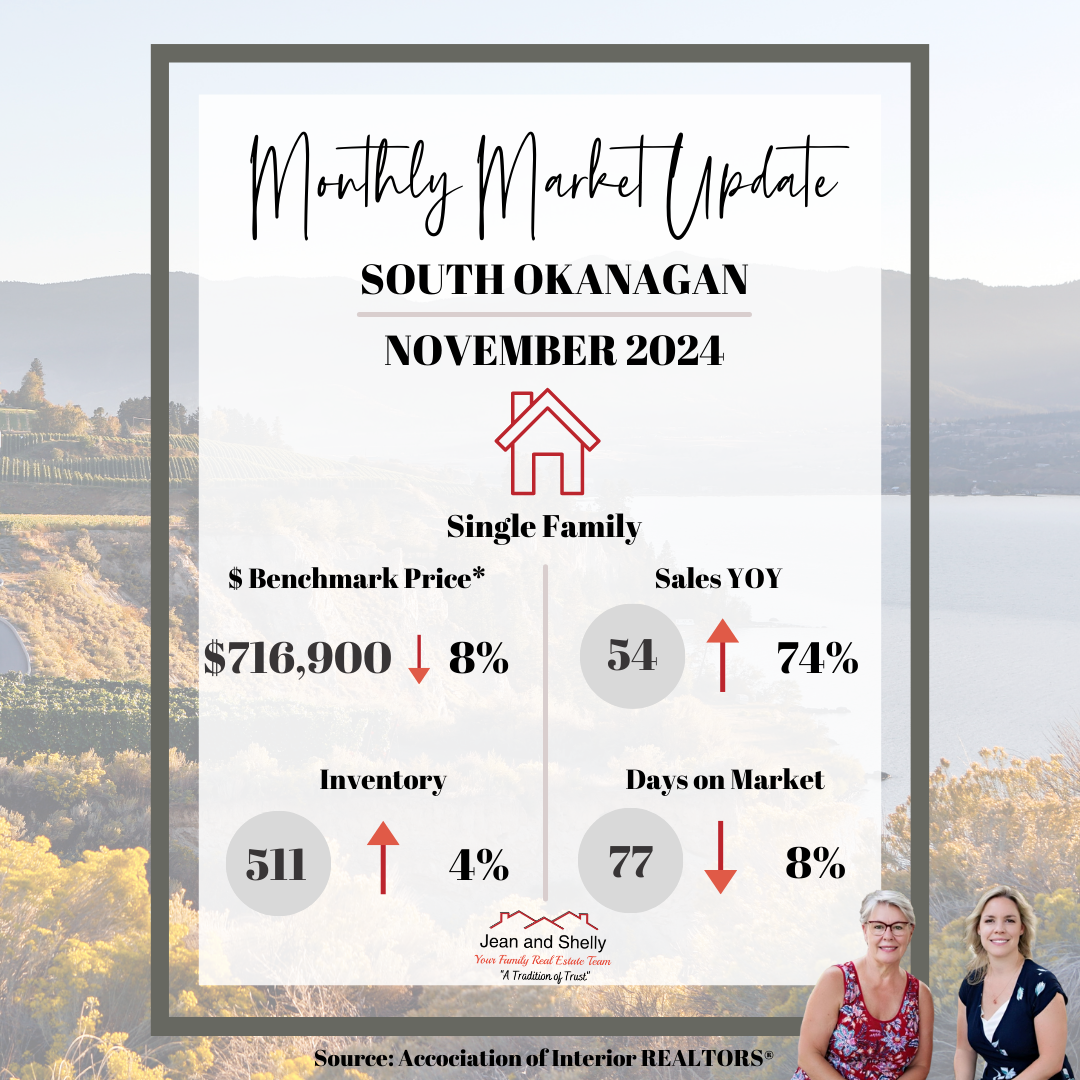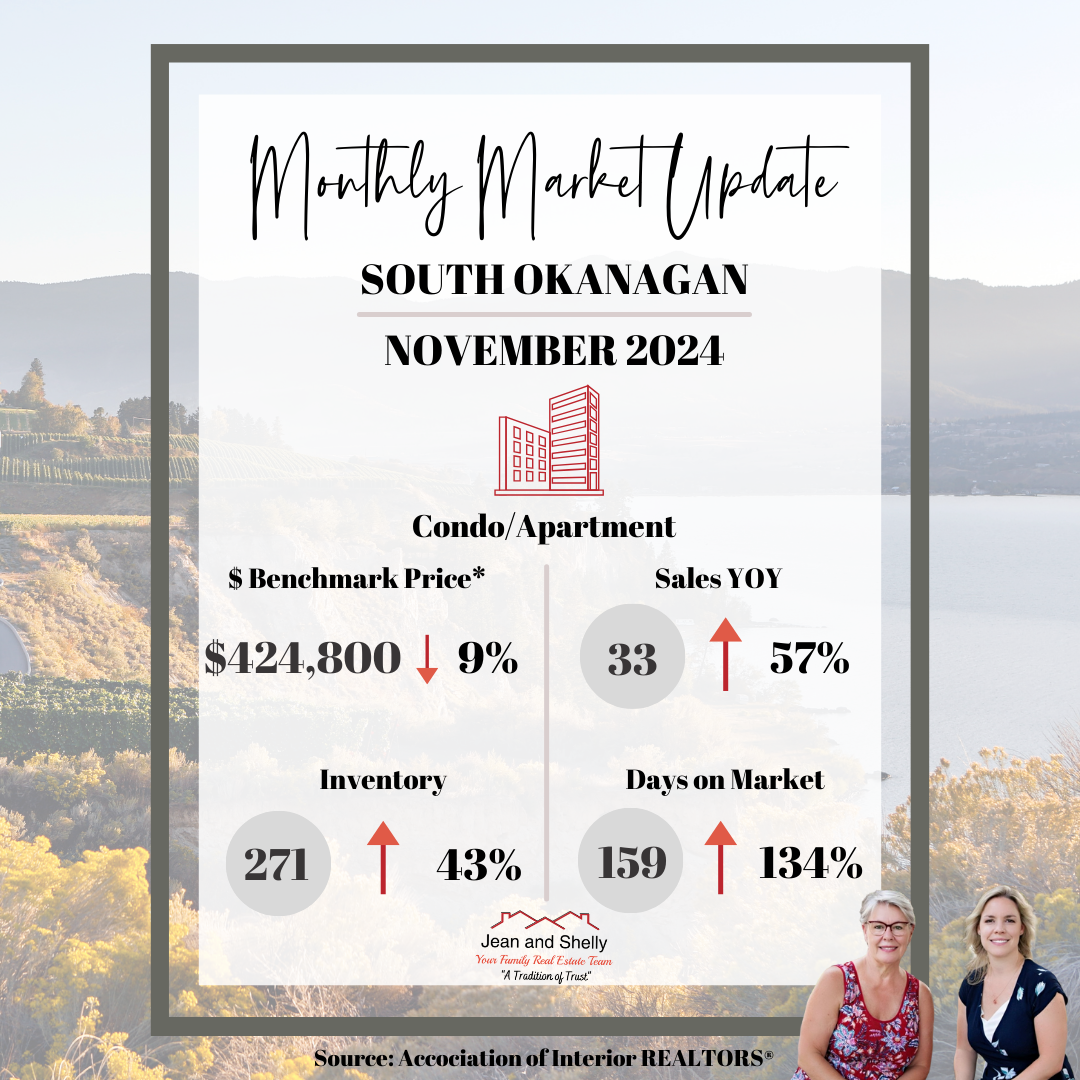As home design trends continue to shift toward warmth and personal expression, 2026’s leading paint colours offer a refreshing break from the cool, minimalist palettes of recent years. This year, we’re seeing a strong return to earthy neutrals, rich jewel tones, and nature-inspired hues, colours that evoke calm, sophistication, and depth.
Whether you’re planning a full home refresh or looking to add modern accents, these trending shades are designed to bring style and balance to any space.
Pantone: Cloud Dancer (11-4201)
Soft, serene, and effortlessly adaptable, Pantone’s 2026 Colour of the Year brings a gentle clarity to interior spaces. Its warm undertone sets it apart from cooler whites, offering a subtle elegance that pairs beautifully with both muted earth tones and bolder accent colours. In living rooms, it creates a light, open atmosphere that enhances natural light and evokes a sense of calm.
In kitchens, it creates a clean, refined look, especially when used on cabinetry or walls alongside wood finishes or brushed metal accents. This shade’s versatility makes it an ideal choice for creating interiors that feel both fresh and timeless.
Behr: Hidden Gem (N430-6A)
Rich and quietly bold, this refined blue-green brings a sense of depth and tranquility to interiors. With its smoky, jewel-toned quality, this shade offers versatility across a range of design styles – from modern minimalism to classic comfort. It makes a striking statement on walls or cabinetry, especially when paired with warm neutrals, natural textures, or soft metallic finishes. Whether used as an anchor in a monochromatic palette or as a sophisticated contrast to lighter tones, it adds character while maintaining a sense of calm.
Sherwin-Williams: Universal Khaki (SW 6150)
Universal Khaki is a warm, earthy neutral that embodies timeless simplicity and effortless versatility. This mid‑tone tan carries gentle undertones that bridge beige and green, giving it a balanced warmth that works beautifully in a wide range of settings. It’s designed to serve as a reliable foundation hue that enhances both modern and classic interiors, creating a calming backdrop that pairs well with natural materials like wood and stone as well as richer accent colors.
Benjamin Moore: Silhouette (AF-655)
Drawing from a renewed appreciation for craftsmanship and timeless style, Benjamin Moore’s Silhouette is a deep, sophisticated neutral that blends rich espresso tones with subtle charcoal undertones, creating a hue that feels both refined and grounded. It was inspired by classic tailored suiting and the enduring appeal of well‑made wardrobe staples, resulting in a colour that brings warmth and quiet elegance to interiors without overwhelming them.
Whether used to anchor a living room, add depth to cabinetry or create contrast with lighter accents, this versatile shade integrates seamlessly into contemporary and traditional spaces alike, and is complemented by a curated 2026 palette designed for layered, harmonious looks.
Valspar: Warm Eucalyptus (8004‑28F)
This naturally restorative green is grounded in warm, muted tones that evoke both comfort and tranquility. Inspired by vintage palettes and outdoor influences, this soft green strikes a balance between serene sophistication and timeless appeal, making it flexible enough for full‑room applications or accent details. Whether used to color‑drench a bedroom for a calming retreat or refresh cabinetry in living spaces and kitchens, Warm Eucalyptus brings a sense of nostalgia and harmony that aligns with a growing desire for more intentional, nature‑rooted design.
Glidden: Warm Mahogany (PPG 1060-7)
For 2026, Glidden’s featured hue reflects a shift toward richer, more expressive colour in interior design, embracing warmth and personality over cool minimalism. This deeply saturated red‑terra tone brings a sense of comfort, depth, and timeless expression to rooms, making it suitable for spaces where connection and character matter, from cozy dining areas and intimate living rooms to accent walls that anchor a scheme. It pairs beautifully with natural textures like wood and leather, as well as soft metallics, providing both a dramatic focal point and a grounded backdrop that works with a broad range of décor styles.






